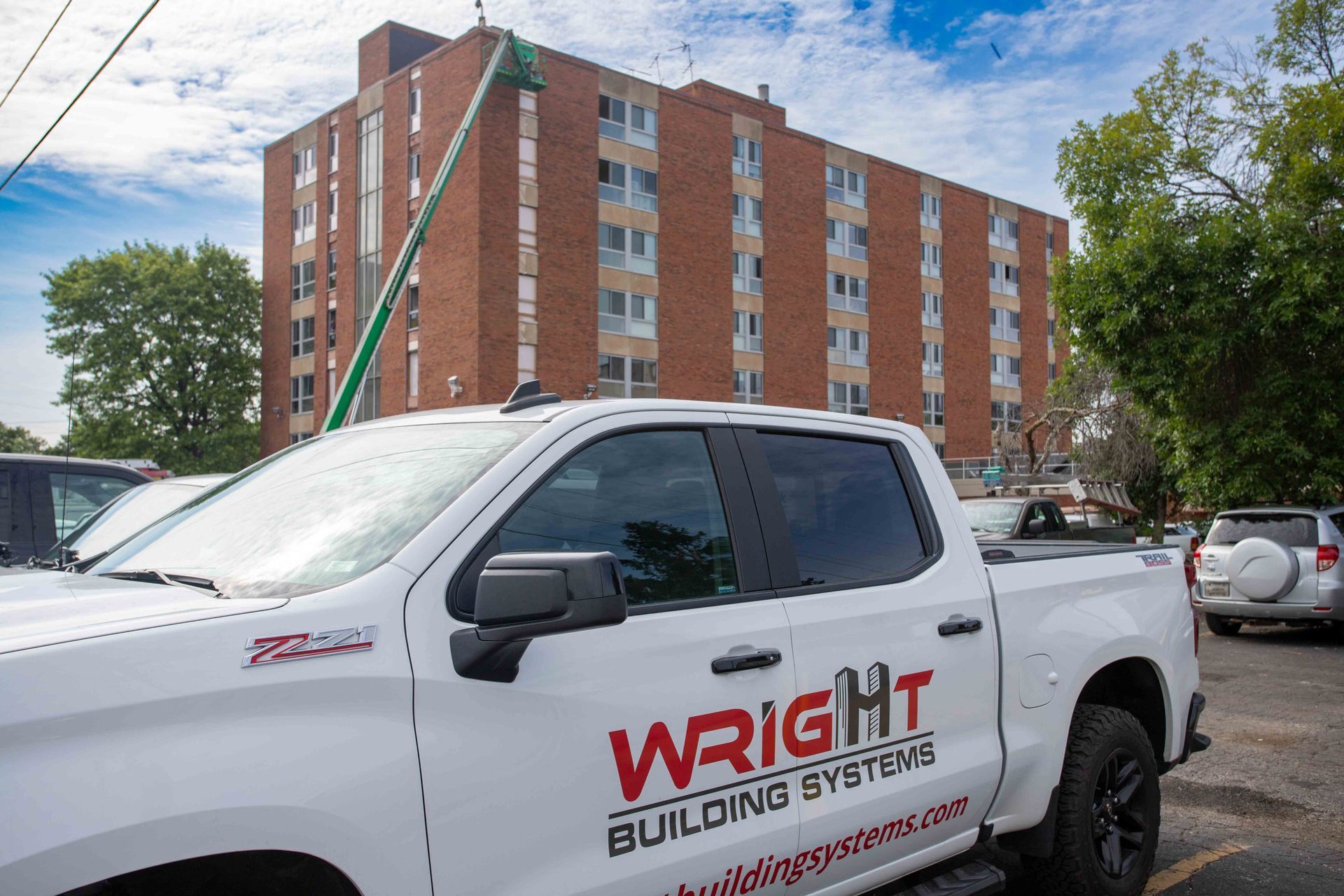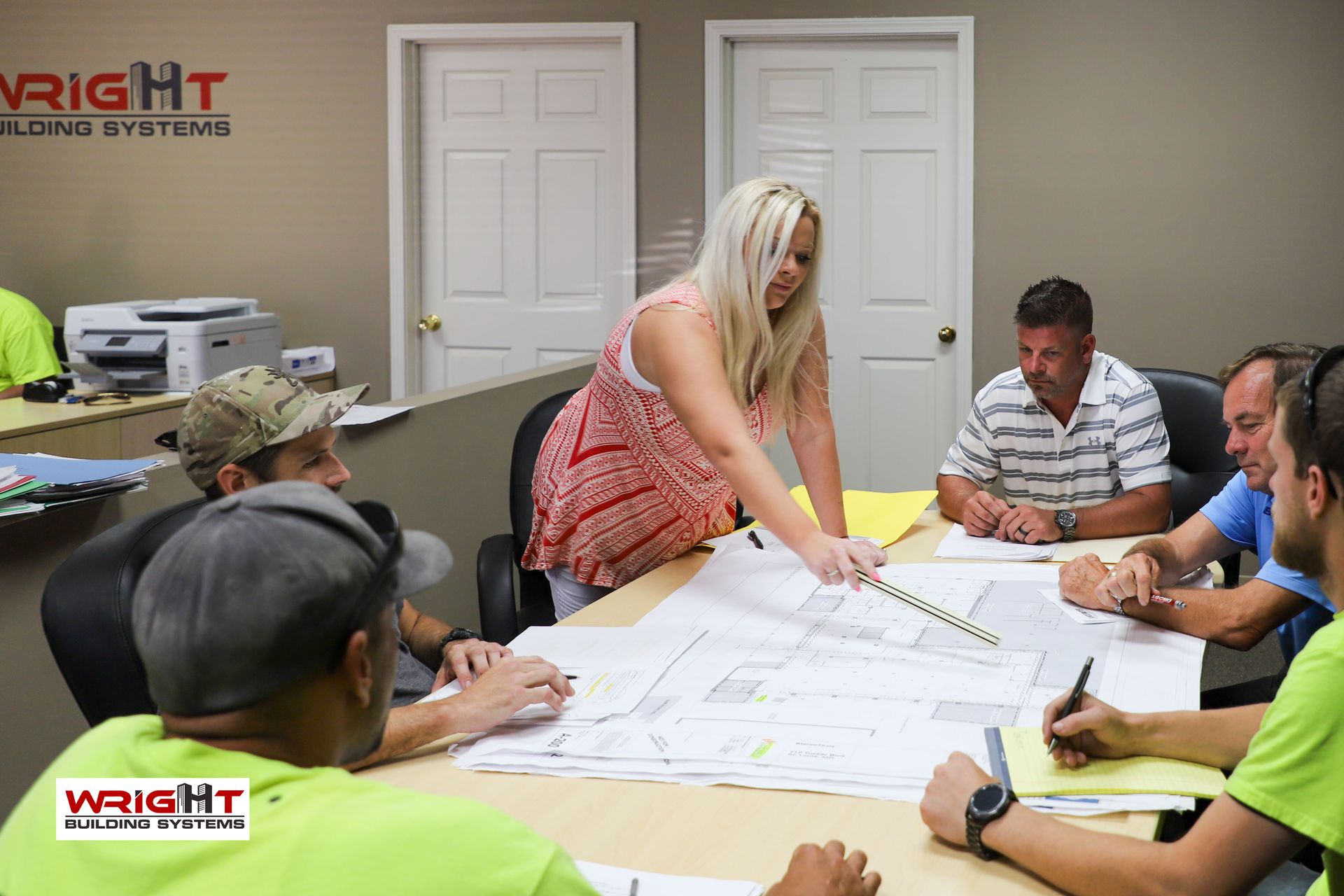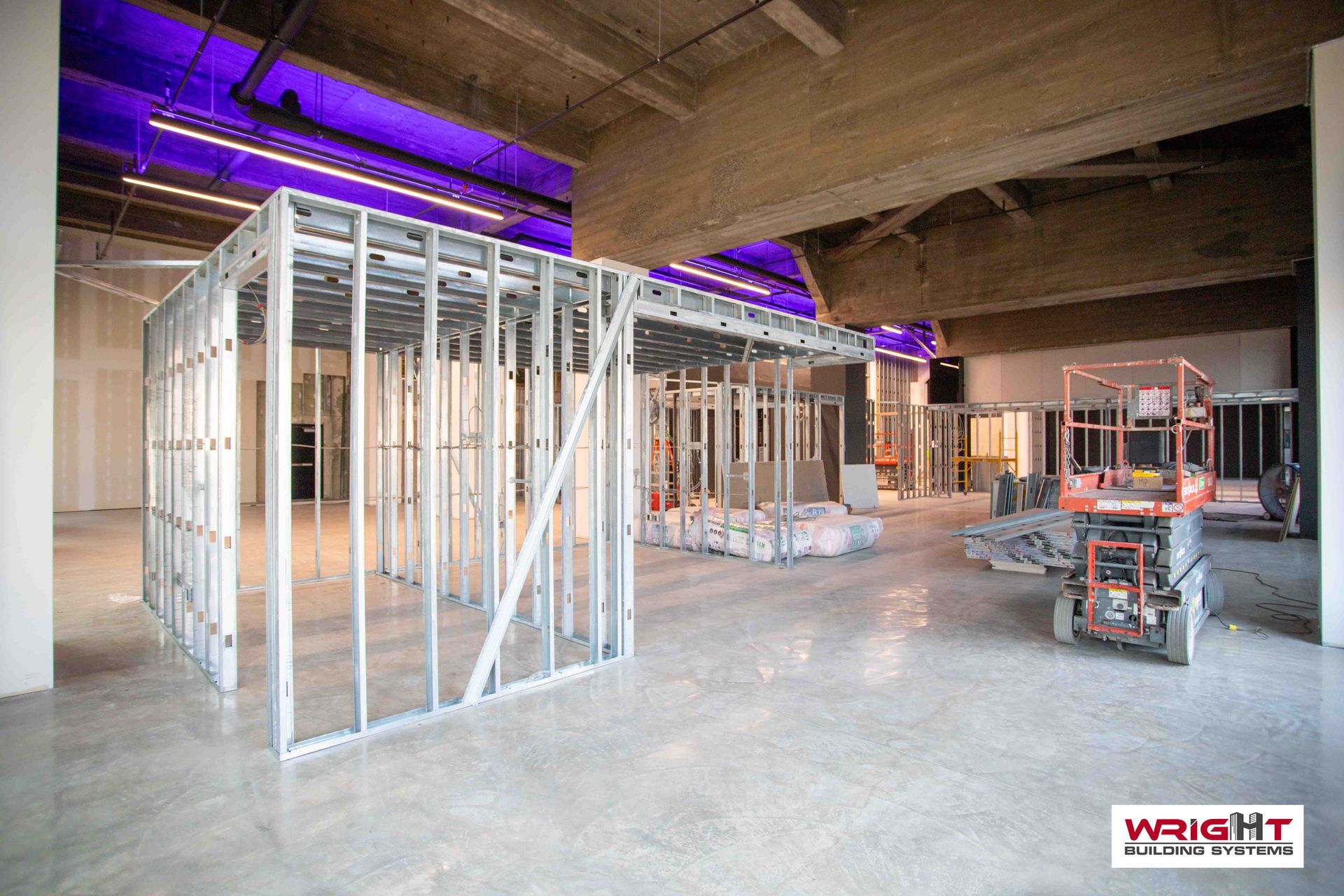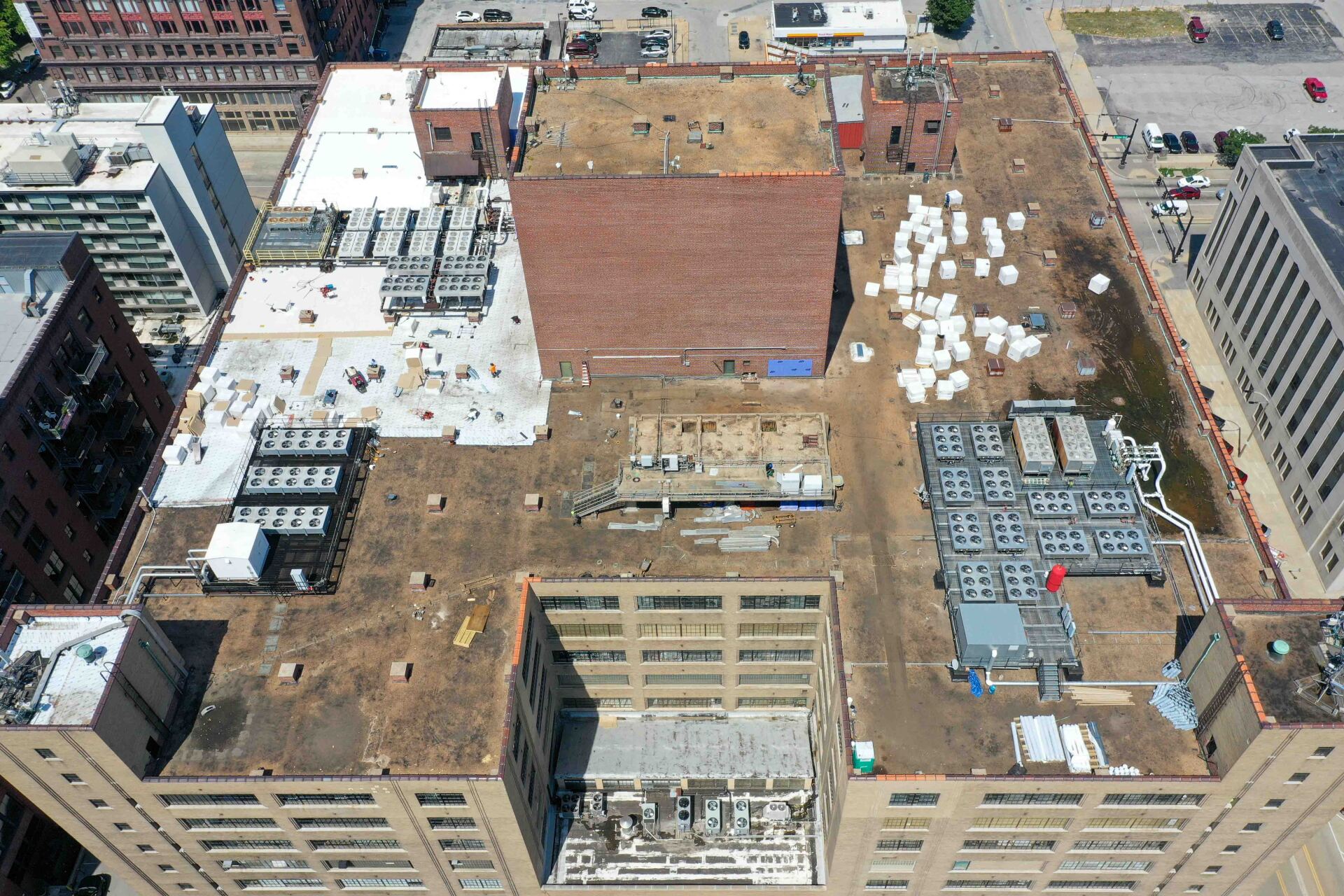Cost-Saving Tips for Commercial Construction: Maximizing Value Without Compromising Quality
Commercial construction projects can be complex and costly, so managing budgets is critical to ensuring success. However, saving money doesn't (and shouldn't) mean cutting corners or compromising quality. With thoughtful planning, strategic decisions, and innovative practices, businesses can reduce construction costs while maintaining the standards necessary for success.
Here are some practical tips on how to save money during commercial construction without compromising quality.
Invest in Detailed Pre-Construction Planning
One of the most effective ways to save money on a commercial construction project is to invest time and resources in pre-construction planning. This phase involves thorough site assessments, detailed project scope development, and identifying potential challenges before they become costly. By clearly defining the project's objectives, timeline, and budget at the outset, you can avoid expensive changes later.
Pre-construction planning should include a comprehensive feasibility study, cost estimation, and value engineering. Value engineering helps identify ways to reduce costs without affecting the project's quality or performance; this might involve selecting alternative materials or construction methods that achieve the same results at a lower price.
Choose the Right Contractor
Selecting the right contractor is crucial to managing construction costs effectively. Rather than automatically going with the lowest bid, consider a contractor's track record, reputation, and ability to deliver quality work on time and within budget. An experienced contractor can provide valuable insights into cost-saving opportunities, including suggesting alternative materials or more efficient construction methods.
Ask contractors about their experience with similar projects and how they manage budgets. A contractor with a robust cost control and value engineering history can help you find savings that less experienced contractors might overlook.
Optimize Design for Cost Efficiency
The design phase offers a significant opportunity to control costs. Work closely with architects and designers to develop plans that meet your needs while being mindful of your budget. Simple design changes, like standardizing dimensions or modular components, can significantly reduce material waste and labor costs.
Consider opting for designs that minimize complexity. For instance, simplifying the building's shape or reducing the number of custom components can lower costs without sacrificing the building's functionality or aesthetics. Additionally, integrating energy-efficient designs can reduce operating costs in the long term, offering further savings beyond construction.

Source Materials Wisely
Material costs can account for a large portion of the construction budget, so wisely sourcing is vital to cost control. To save money, consider purchasing materials in bulk or negotiating directly with suppliers for better rates. Developing these solid relationships can also lead to discounts or access to higher-quality materials at lower prices.
Evaluate alternative materials that offer similar performance but at a lower cost. For example, using engineered wood instead of traditional hardwood or recycled steel rather than new steel can yield substantial savings.
Always ensure that any substitutions meet building codes and quality standards to avoid compromising the project's integrity.
Employ Efficient Project Management
Efficient project management is essential to keeping a construction project on schedule and within budget. Delays and miscommunications can lead to cost overruns, so a solid project management plan is critical. Utilize project management software to track progress, manage resources, and facilitate stakeholder communication.
Ensure the project team is aligned with the schedule and understands the budget constraints. Regular meetings to review progress, identify potential issues, and adjust plans as needed can prevent minor problems from becoming costly setbacks.
Minimize Change Orders
Change orders are one of the leading causes of budget overruns in construction projects. These typically occur when the project scope changes after work has already begun, leading to increased labor and material costs. To minimize change orders, thoroughly vet the project scope and design before construction starts.
When changes are necessary, assess their impact on the budget and schedule before proceeding. Small adjustments during the planning phase can often prevent significant expenses later on.
Schedule Efficiently
Time is construction money, and an efficient schedule can help reduce costs. Work with your contractor to develop a realistic schedule that minimizes downtime and allows for a smooth workflow. Avoid peak times for material orders when prices may be higher, and schedule work to avoid weather-related delays that could drive up costs.
Phasing the construction to allow certain areas to be completed and occupied while others are still under construction can also generate savings, especially in projects where time to market is crucial.
Implement Waste Reduction Strategies
Construction waste increases disposal costs and represents wasted money on unused materials. Implementing waste reduction strategies, such as precise ordering and material optimization, can significantly reduce these costs. Recycling and reusing materials where possible can also help reduce waste and disposal expenses.
For example, reusing excavated soil for landscaping or recycling concrete for roadbeds can reduce the need to purchase new materials and save on transportation and disposal costs.
Leverage Technology
Technology can significantly reduce construction costs. Tools like Building Information Modeling (BIM) allow for detailed visualization of projects before construction begins, helping to identify potential issues and optimize designs for cost efficiency. Drones, 3D printing, and other advanced technologies can improve accuracy and reduce labor costs.
Additionally, project management software can streamline communication and coordination, reducing the risk of errors and miscommunications that could lead to costly rework.
Focus on Long-Term Value, Not Just Upfront Costs
While it may be tempting to prioritize the lowest initial cost, focusing on long-term value often yields better financial results. Invest in high-quality materials and systems that will last longer and require less maintenance, as these can save money over the life of the building. Energy-efficient systems, durable finishes, and smart technology integrations can provide long-term utility bills and maintenance savings.

Work With Wright Building Systems
Cost-saving strategies in commercial construction don't have to compromise quality. By investing in thorough planning, working with experienced contractors, optimizing designs, and leveraging technology, businesses can reduce construction costs without sacrificing the integrity of their projects.
Greater St. Louis business owners repeatedly trust Wright Building Systems with their projects. We are committed to safety and delivering finished products that exceed expectations.
Our dedicated team has the equipment, technical skills, and perseverance to complete your project. Let's get in touch today!



